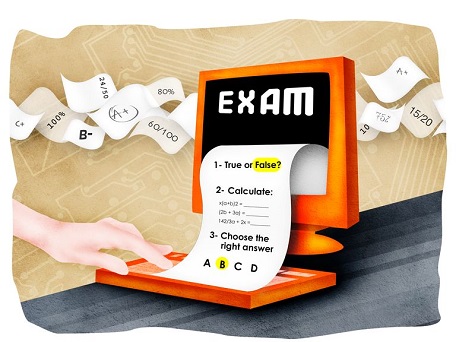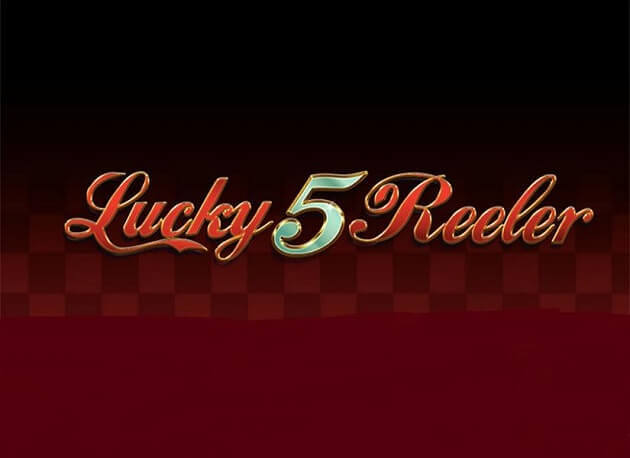The Skill Testing Question for Canadians
When it comes to gambling, most countries have very strict laws about where you can gamble, when you can gamble and how the gambling takes place. In many countries, certain casinos are based on river boats or ocean cruisers to work around the land laws. Even today, online gambling is considered illegal in many countries with harsh penalties for any establishment that is found operating illegally. These strange gambling laws sometimes lead to interesting legal requirements. In Canada, anyone who enters a local sweepstake or content has to answer a skill testing question in order to claim their prize or even enter the competition in the first place.
What is a Skill Testing Question?
So what exactly is a skill testing question and why do contestants or certain prize winners have to write a test in the first place? The main reason the skill question exists is because of the gambling laws in Canada. The law states that for-profit gaming and betting is illegal in the country with the exception of provincial lotteries, licenced casinos and certain non-profit charity events. This means that any other type of sweepstakes game or contest is essentially illegal because it is a game of luck. However there is a small loophole that can be used to get around this problem.
A Game of Skill or Chance
In Canada, the law does allow for prizes to be given for games of skill or mixed games of skill and chance. What this means is that contestants cannot simply rely on luck in order to win, they have to prove they have the skills to win the prize. This is where the skill testing question comes into play. If a local radio station or business wanted to increase public awareness and hold a competition, the prize cannot simply be handed out. This would be considered gambling. As a result the contestants or prize winners must complete a skill test in the form of a mathematical STQ.

The Question Format
When it comes to the actual skill testing question, a court decision ruled that the mathematical STQ must contain at least three operations. For example a sample question would look like this: “(4×5) – (3×2)”. In this case the answer would be 14. The test must be completed within a certain time limit without the aid of a calculating device. In most cases, the question is relatively easy and almost guarantees the contestant or the winner will give the correct answer. The enforcement of this law is not very stringent. Even a wrong answer can still lead to the winning claiming their prize.
Working around the Law
The addition of the skill testing question in local competitions and sweepstakes ensures that businesses can hold regular competitions without infringing on the gambling laws in Canada. Essentially the question I turning a game of chance into a game of skill, even if the contest is a simple sweepstakes or lucky draw. Smaller contests can easily work around these rules with a simple test while major sweepstakes do require contestants and winners to accurately fill in the required mathematical answers required.


